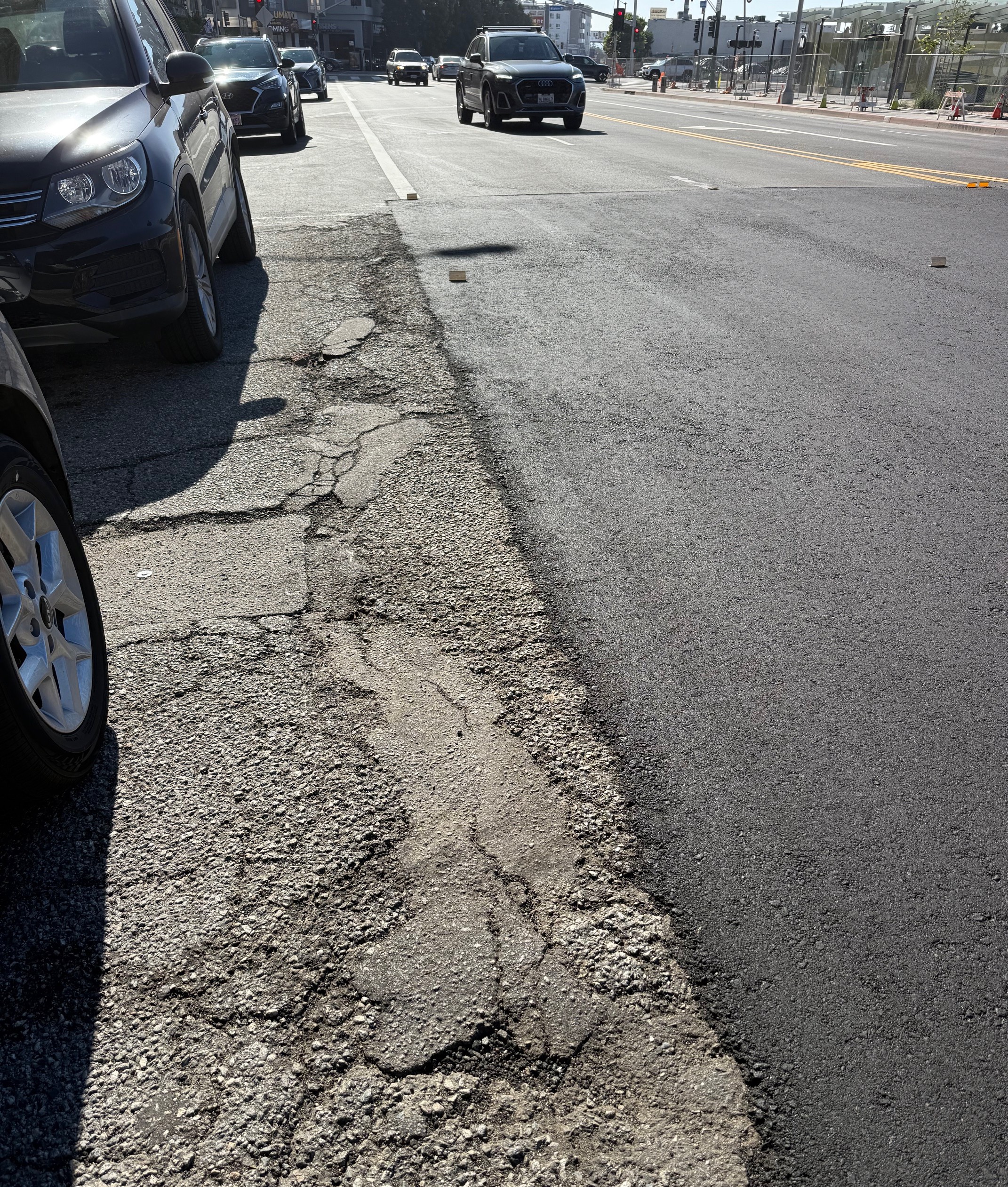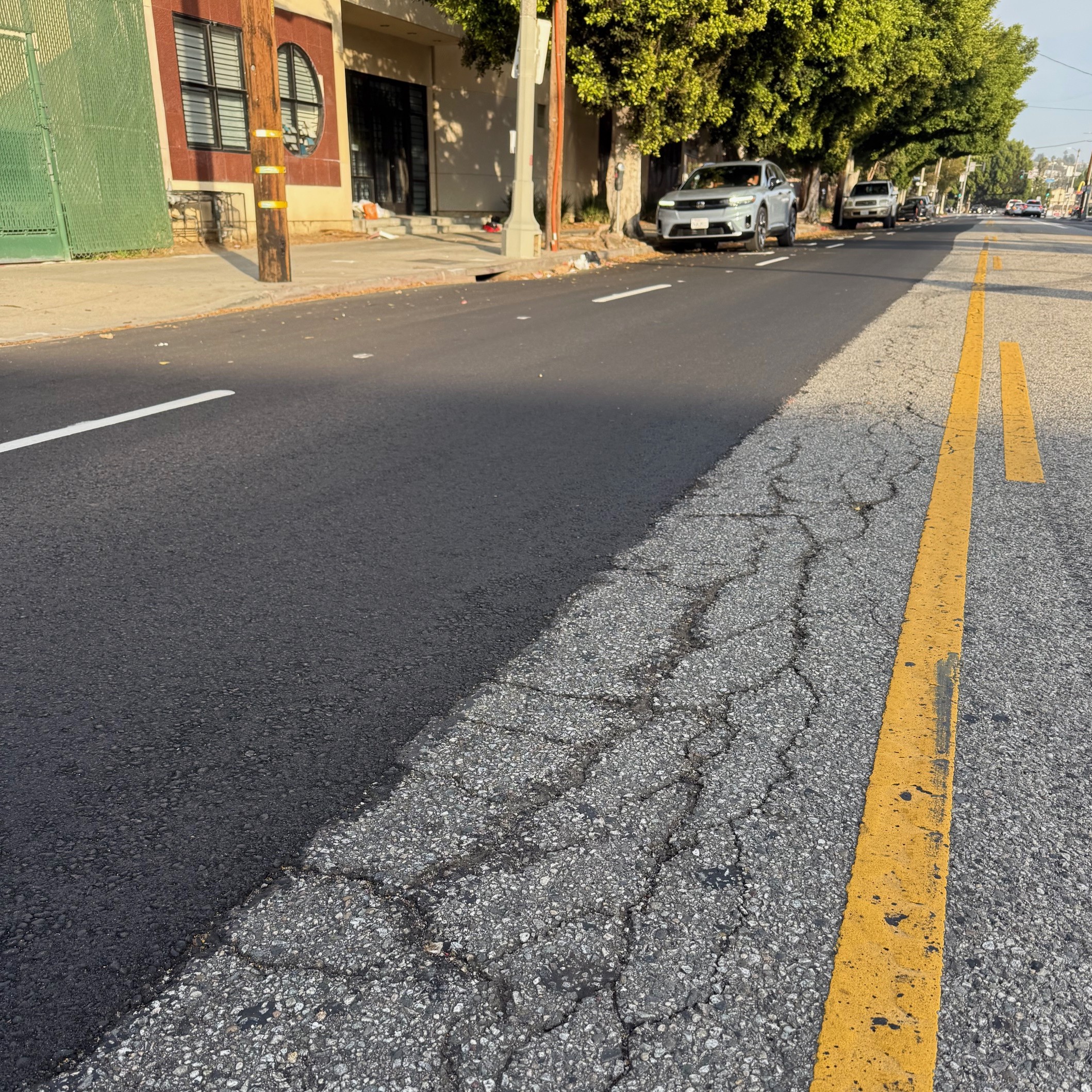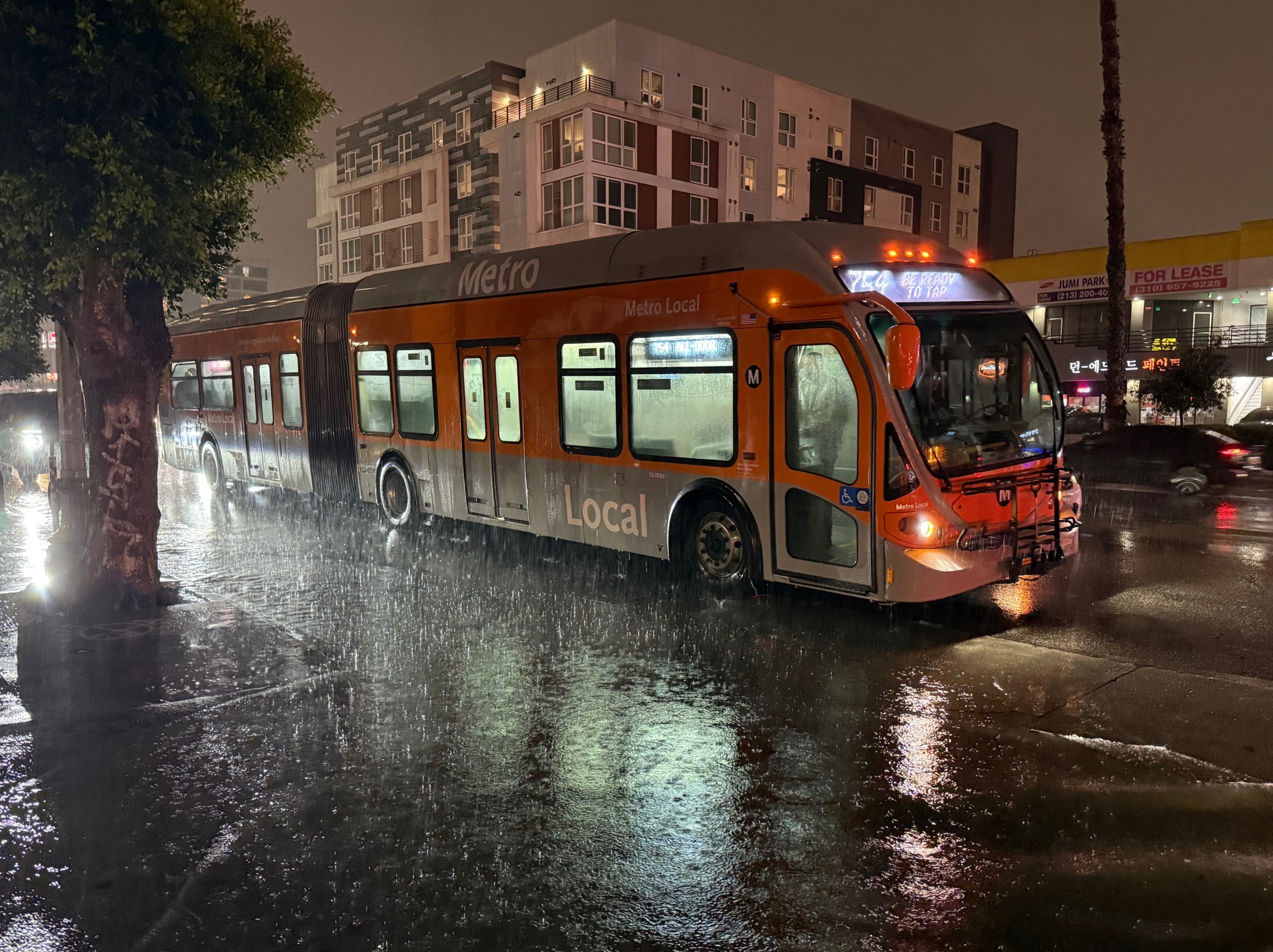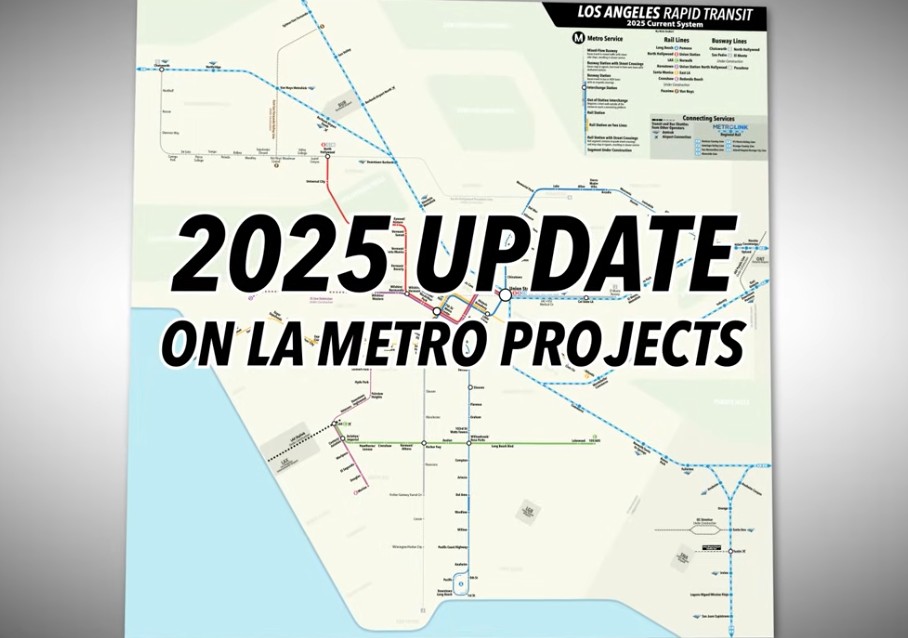Sens. John Kerry (D-MA) and Joseph Lieberman (I-CT) are set to roll
out their long-awaited, somewhat delayed climate change bill tomorrow without onetime co-sponsor Lindsey Graham (R-SC).
The
legislation no longer includes its originally conceived "linked fee" on
motor fuels -- which was quickly branded as a gas tax increase, alarming Graham and the White House while catching
many members of the transport industry off-guard. But how does the
Senate climate bill address the 30 percent of U.S. greenhouse gas
emissions that come from transportation?
The Washington Post's Juliet Eilperin has an early look,
reporting that the transportation section makes room for a "cap" on
emissions but eliminates the "trade" aspect of the House-passed climate
bill:
The transportation sector will not have any allowance trading, sourcessaid. Instead, companies will have to buy quarterly carbon allowancesthat would be based on the average price in the previous quarter; thefee would be tacked on at a stage known in the industry as "the rack,"which is after the fuel has left the refinery but before it reaches gasstations.
The bill would put electric utilities first in line for a
sector-specific emissions cap, with other fossil fuel-using industries
to follow, according to a report in National Journal
that also includes a link to a leaked four-page summary of the measure.
That summary suggests that the transportation industry may be pleased
with the measure, referencing annual funding of "over $7 billion" for
infrastructure.
For more details on how the legislation would affect U.S. infrastructure, check this space tomorrow ...






